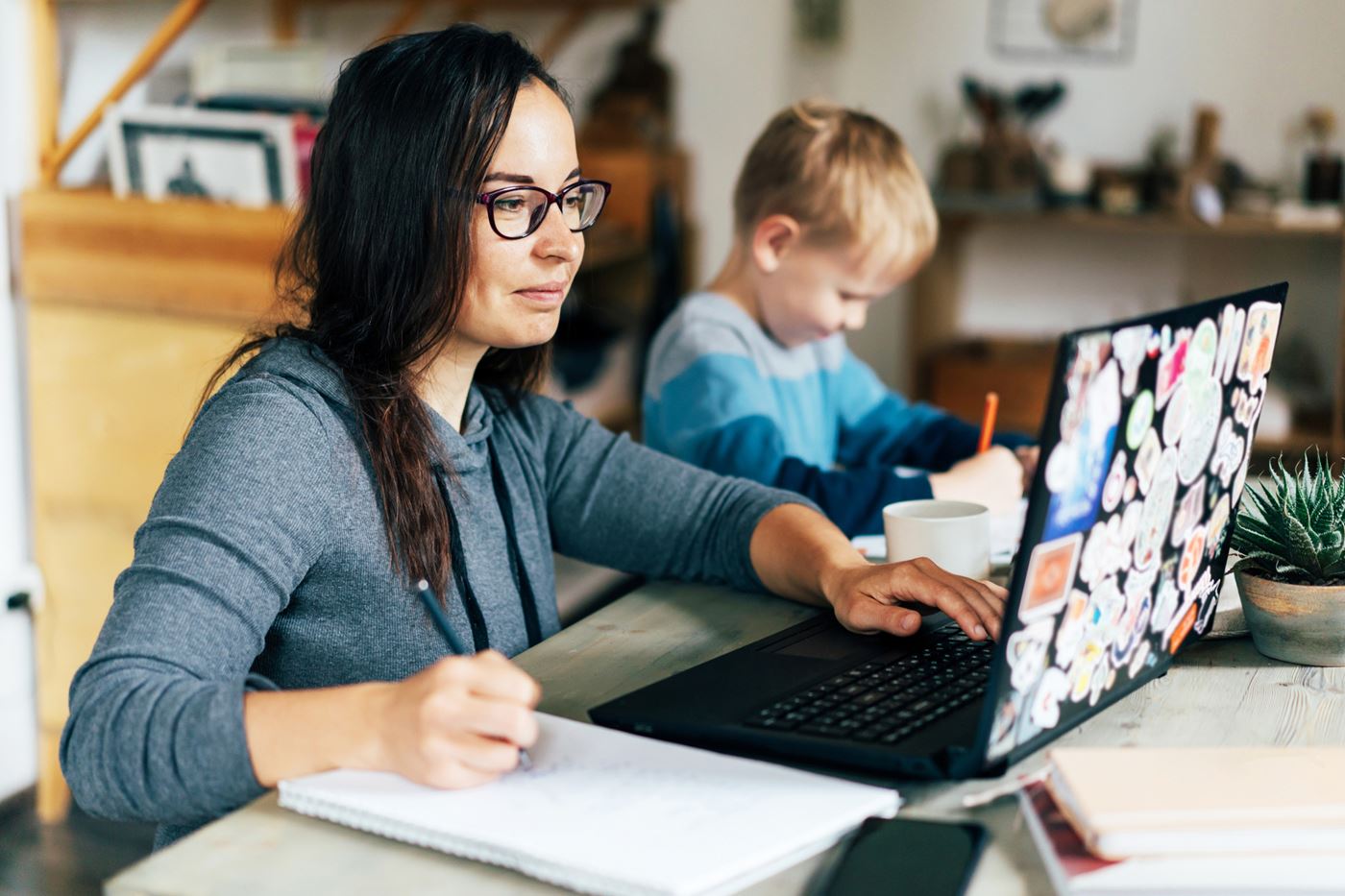The Covid-19 crisis, and subsequent lockdown has created uncertainty for everyone – particularly regarding the ongoing school year. With it, homeschooling has raised so many questions.
While most schools have implemented strategies, how are students coping with the daily schedules, and what role do parents play in embracing this new climate of independent learning?
Toni Shortt, a Learning Consultant at Firefly and a Firefly parent, shares an honest account of her highs and lows of homeschooling over the past weeks.
How is work pace determined, and what does this look like for parents?
Schools determine the pace, but given that parents are, to a large extent, expected to take on the role of educator, this is now a different kind of animal.
One of the biggest challenges of homeschooling for me as a parent has been managing my son’s (in year 8) anxiety around managing the tasks on his independent learning ‘to do list’. This was initially very intimidating for him. My plan to help him manage this was to work through his task list and compile an excel spreadsheet with each task and an allocated ‘due date’. We sat down and looked at this together to gain a better perspective of the week ahead and then drew up a timetable to portion the work into the 5 days in order of priority.
I am fortunate enough to work from home, and we have a 30-minute review of the day every morning before we both dive into our respective workloads. He gets on with it (with a few interruptions in between) and I review his work at the end of each day before he submits it to his teachers.
I have really appreciated the Friday ‘check-in’ that my son’s Tutor has with the class. They spend 40 minutes together just chatting about how things are going in general. This contact, care and support with homeschooling goes a long way to manage his anxieties, and he realises that he is not alone.
What about assessment authenticity?
Just how authentically true are the student responses? How many well-intentioned parents end up doing the work for their child, and therefore the work is not ‘authentically’ the child’s own – so, how much actual learning is taking place?
This does pose an ethical challenge. I know that I am not helping anyone by doing my son’s work for him. But I want him to achieve the best possible marks so when I review his work, I am tempted to re-do some of it. (Hopefully I get an ‘A’ on that Religious Education assignment – just kidding.)
I believe that spending this time with him and his schoolwork, just a few minutes a day, goes a long way in showing him that I care, and that I am monitoring what he is doing and how he is performing. Perhaps what would be helpful, is for the teacher to make clear what my child is to learn from completing the task. That is to set out clear objectives and related outcomes of the task.
What about access?
Not all students have access to a desktop or laptop computer and may only have a smartphone on which to access work whilst homeschooling.
Access to the ‘right’ tools did cause some panic and chaos on our side. Before lockdown, my son had always used his smartphone to do his homework. Home Learning has introduced him to a world of tools. Zoom meetings and the software that teachers have asked him to download to complete some tasks did create some panic. He now needs a laptop to work on and other obstacles include having access to a printer or scanner at home and then of course (a month into lockdown), can I pay my broadband subscription?
But there is some good news (for some). A recent announcement from UK Education Secretary, Gavin Williamson, revealed that the Government intends to supply children across England with laptops and tablets to make remote learning more accessible. And if a family doesn't already have internet access, the government will also provide 4G routers for the most disadvantaged secondary school pupils.
What about multiple-student-households?
Families with more than one child in varying school years may find it harder to cope with homeschooling and the pace and attention that may be required to give each student. While an educator may have a class of 20-plus students at any one time, they most often have one subject to teach to one age group. Imagine a parent with four different age groups, and four different curriculum expectations – all at the same time!
This situation calls for the ability to be organised and having the correct tools to deal with this challenge, which is not easy. Those lucky enough to have access to an online learning platform like Firefly, have some support in the way of student/teacher communication. Our school encourages students to collaborate with, and provide assistance to each other before asking their teacher for help. This has been a lifeline for me, and I often remind my son, “Ask your friends or ask your teacher if you are stuck.”
What about supervised tasks?
Younger students require a hands-on approach and are a lot more ‘labour intensive’ for a parent since they cannot be expected to download their work and just ‘get on with it’.
This calls for stringent timetabling and dealing with small chunks of work at a time. Parents are now transformed (almost completely) into a teacher. Online teaching materials directly from the school could be pre-recorded by teachers to present to students. Parents could then engage in the lesson with their child and answer any questions the child may have. What a load on the parent though! Some parents have resorted to paid services such as tutors, which is yet another expense.
In this time of uncertainty, one thing is for certain – this is new territory for everyone. From personal experience, Firefly has certainly been a lifeline! My advice to other parents? Do the best you can, and don’t expect perfection. Help your child to incorporate their own feedback when submitting work, to further open the lines of communication between student, teacher and school. And remember, you are not alone!
Are you a school leader looking to improve parental engagement? We recently launched an Authoritative Guide to Distance Learning - it includes a whole chapter dedicated to how schools can get Parents involved. Download it here - and go to page 14!

